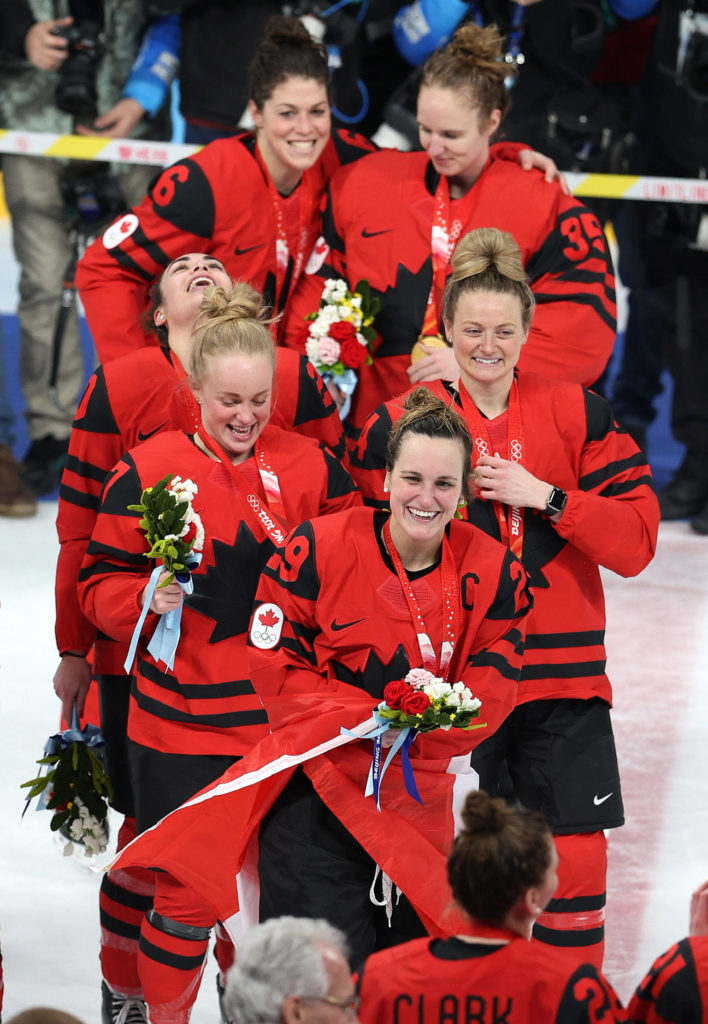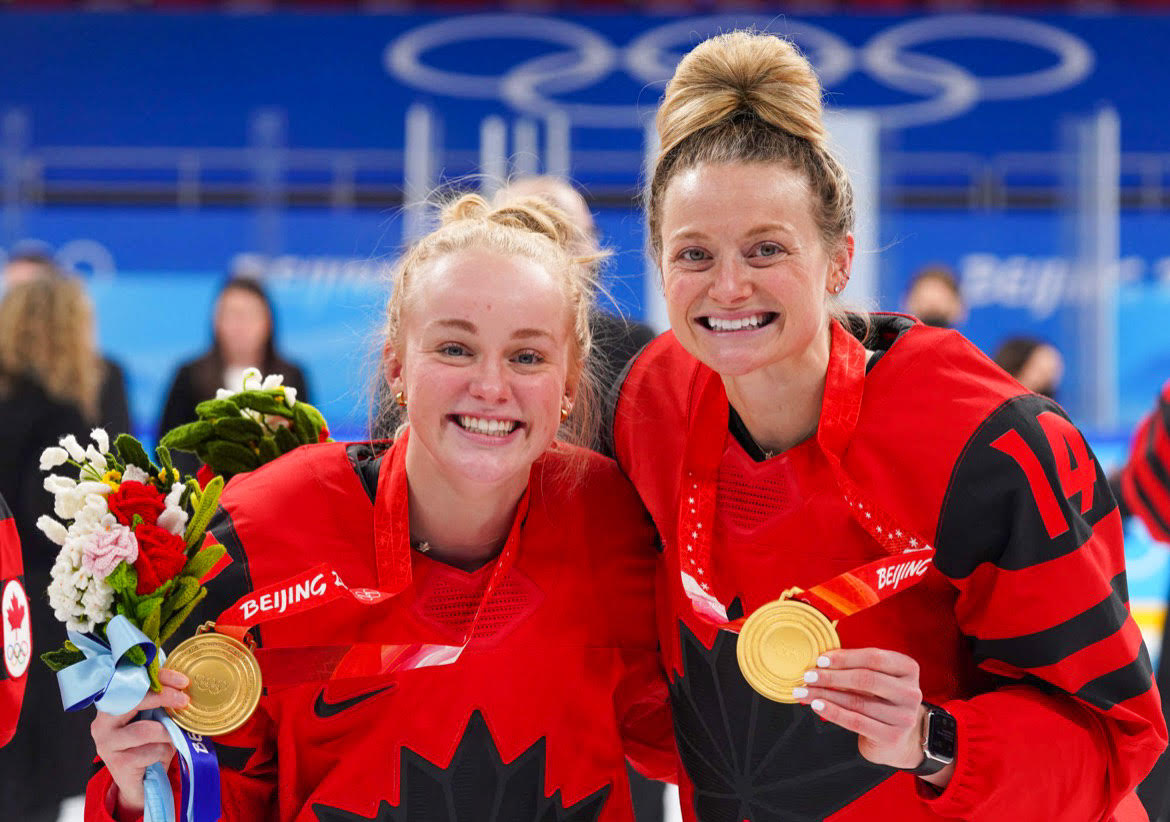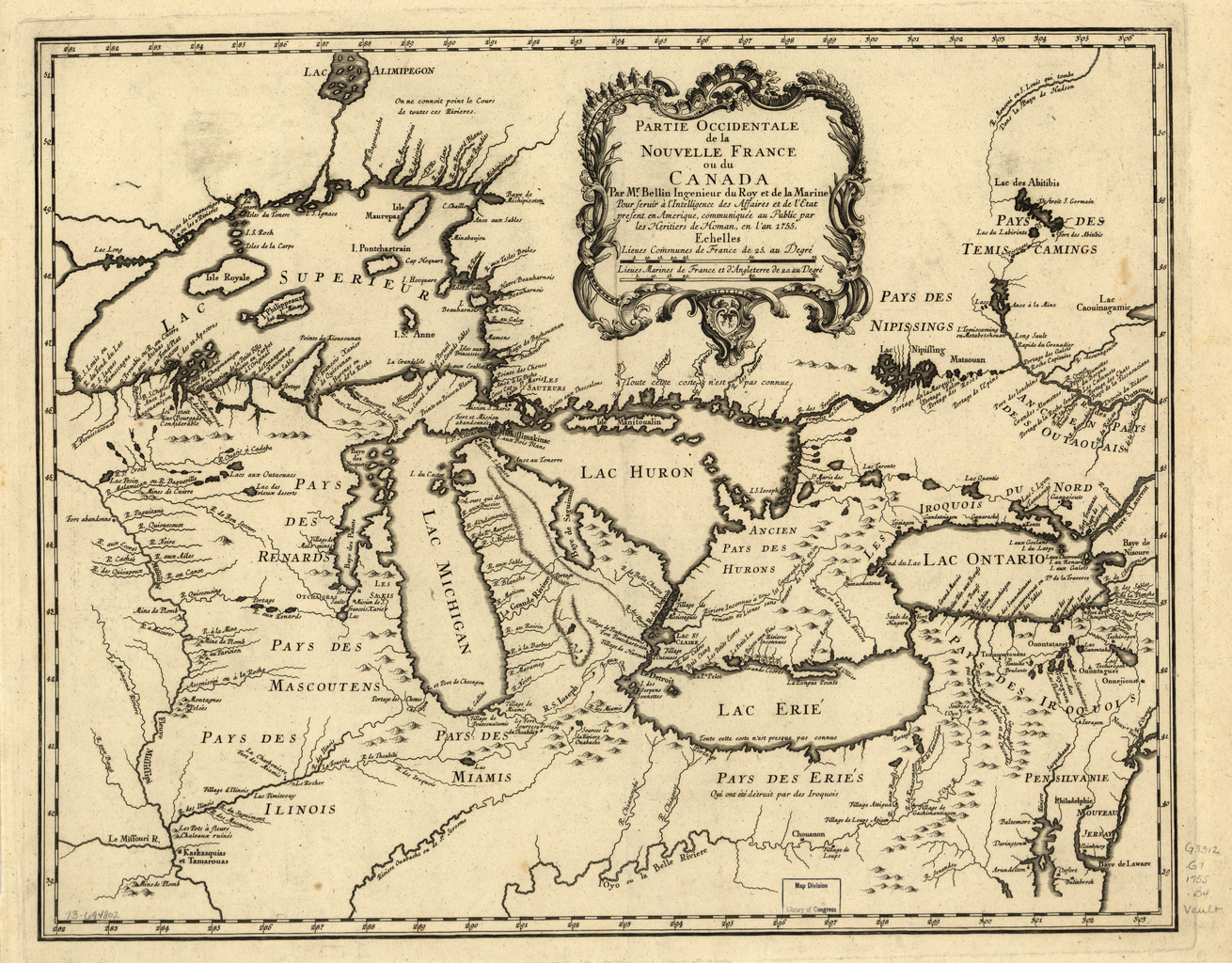Burlington’s own Renata Fast and Emma Maltais have taken similar paths to the senior women’s national hockey team, and both can now call themselves Olympic champions.
The night of February 17, 2022, an entire country sat down with their coffees and energy drinks to watch Canada’s women add another chapter to their Olympic legacy, capturing another gold medal against the Americans.
They edged out a 3–2 victory, winning by the same score with which they lost the gold medal game at the 2018 PyeongChang Games to the very same team from the United States.
Fast was on the team that lost a heartbreaker in a shootout in 2018 and was one of 13 returning players from that squad. Maltais was one of ten newcomers to the roster.
“We had a great mixture of vets and rookies and the vets did a great job of making sure that the rookies felt like they were valued from the moment they stepped into the locker room,” said Fast.
“I think just having so many new faces on the team really helps,” Maltais said. “Especially when the leadership group and everybody’s really so welcoming.”

Both women played for their hometown Burlington Barracudas, with Fast doing some coaching for them for the 2019–2020 season.
Then both Fast and Maltais were recruited by American universities that were close to home, at Clarkson and Ohio State universities, respectively.
While Maltais has been skating and playing hockey since before she was five years old, Fast got a later start at eight years old.
She played multiple sports as a child, including soccer, volleyball, basketball, and track. She said that the camaraderie that she felt around her hockey teammates was unlike anything she had ever experienced.
That ultimately lead to her taking a hockey scholarship over a soccer scholarship, and according to Fast, there were two reasons for this decision.
One was the aforementioned connection she felt with her hockey teammates.
“But also, I chose Clarkson based on the coaching staff that was recruiting me at the time, Matt Desrosiers and Matt Kelly, they were such incredible people,” Fast said.
“And I felt a connection with them right away, and they made the recruiting process so comfortable for me. So they were a big selling point. And then obviously, just with Clarkson being not too far from home, and having a good academic program, were the main draws for me.”
Maltais was trying to take in her first Olympic Games after helping the senior team to World Championship gold in Calgary in August.
Due to the pandemic, Beijing organizers announced that only select Chinese residents would be allowed at events, including the opening ceremonies. Maltais still said that it was probably her favourite moment of the whole experience.
“It really is the moment when you realize, oh, wow, I am an Olympian. I am here. And it’s almost so hard to explain. You feel like it’s some sort of miracle and a different universe that you’re in when you walk out there.”
The first game of the tournament didn’t come without some nerves for the rookie Olympian but a 12–1 domination of the Swiss team and feeling comfortable with her linemates Laura Stacey and Jill Saulnier helped to squash any lingering anxiety.
Maltais said that once they got on the ice and got their first shift out of the way, they were good to go, but said it was still sometimes a little nerve-racking when she realized the stage she was on.
But she said that the team always kept loose, even during the most tense of times.
A perfect example of this was before game three against the Russians when COVID issues arose.
Canada refused to leave the locker room as their opponent’s COVID test results from earlier in the day had not been processed, leaving them sitting on the bench and taking warm-ups alone.
COVID testing was done every day, and those test results were sent off to the team doctor, and in turn, shared with the opposing team.
Fast said that some girls were pretty anxious through their first round of testing, as having just travelled, there were worries about getting sick in the process.
But as the tournament went on, she said the group felt safe in the closed-loop system created by organizers.
Maltais revealed just exactly how relaxed she and her teammates were while waiting for the Russian test results to come in.
“We’re just all such a good-vibes group that we choose to make it positive. And we actually were having a little dance party in our locker room waiting for the results,” she said.

The International Ice Hockey Federation (IIHF) eventually mediated an agreement between the two teams to play, but they would have to play with N95 masks on.
This was no issue for Team Canada as they prepared for this type of scenario, having practiced with masks, and they were able to dispatch the Russians easily with a 6–1 victory.
But Fast said that wearing masks while on the ice was challenging and that it never got easier.
“If the mask gets too much moisture in it, which it does when you’re breathing heavy, it starts to really stick to your face,” Fast said. “So it feels a little bit claustrophobic. And then also, just sometimes it’s hard to see the puck because the mask kind of sits in your sightline to look down. So that can be a little annoying as well.”
She said that she can’t put a number on exactly how many masks were used during the game, but that she knows her teammates were changing their masks between every period.
Maltais didn’t put up the numbers she is used to while leading Ohio State, only producing a goal and an assist over the seven games, but Fast praised her teammate and what she brought to the team.
“Emma was incredible for the team,” Fast said. “She has such a great personality. And she brought so much fun to the locker room. So she’s an example of someone who’s young and brought in a ton of energy for the group.”
“Yeah, I think with the whole year, I knew what my role was,” said Maltais. “And I knew, if I was gonna make the Olympic team, I knew what type of player I would have to be on that fourth line.”
But she said that she felt every role was appreciated and when she did score her lone goal, she could feel the love from her teammates during the celebration.
The aforementioned COVID closed-loop system meant that the women roomed in groups of four and generally spent any free time with those four.
Fast’s roommates were her defence partner Jocelyne Larocque, goalie Ann-Renée Desbiens, and Micah Zandee-Hart, while Maltais roomed with Ashton Bell, Laura Stacey, and Mélodie Daoust.
They were able to attend other events on their off days and played card games like euchre and other games to pass the time.
And to celebrate their tremendous victory, Fast, Maltais and others on the team flew down to Mexico on Friday, spending only days with family and friends after returning from Beijing.
But it also speaks to the bond that these women have developed after having spent nearly every day together since July, reaffirming why Fast got into hockey to begin with.
“There’s just a different connection that I had with the girls I played hockey with,” she said. “The culture of hockey was so supportive and kind of like a second family.”




